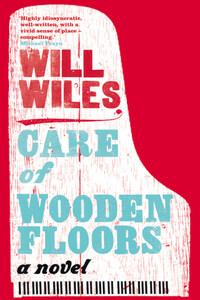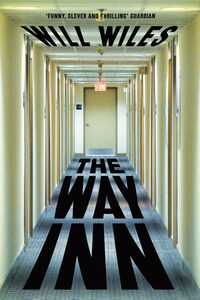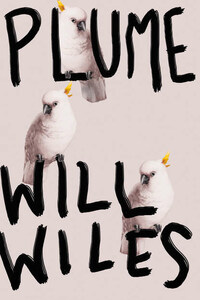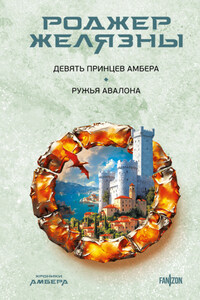Cover
Title Page
Dedication
Day One
People are afraid of flying. I’ve never understood that. It’s…
Day Two
There is a moment between sleeping and waking where one…
Day Three
I was lying in Oskar’s bed, not even slightly awake,…
Day Four
I was woken by a shell-burst in the trench of…
Day Five
White noise. Indistinct sound, beneath hearing, the growl and whoosh…
Day Six
A door slammed. The front door; definitely the front door,…
Day Seven
It had been a restless night. What little sleep I…
Day Eight
A concussion. A burst of noise in my head, doubled…
Acknowledgements
Copyright
About the Publisher
People are afraid of flying. I’ve never understood that. It’s a most remarkable experience; yes, even in a cramped seat in a noisy compartment on a three-hour budget flight with no food. You are still in the air. You are Above. It is extraordinary in the most direct and apt way; you are outside the ordinary. The ordinary is pushed down, rendered for a score of minutes into a mosaic of green and brown and mercury, and then you’re with the clouds.
There has never been a better time to be alive, and that is not simply thanks to penicillin, flush toilets and central heating, it’s because now we can look down on the clouds. Clouds are utterly faithful to their promise of ethereal beauty. When I was very young, I imagined clouds to be warm and soft to the touch, because I knew they were water, and so therefore they must be steam because that’s what they looked like, and steam was warm. Perfect logic. Of course, they are not warm, but in the air-conditioned cylinder of your midweek commercial flight, they fulfil their old promise because they are awash with sunlight – no matter the daytime weather beneath, the cloud tops must be exposed to the sun, that is their guarantee, that is their tiny miracle.
Renaissance artists must have felt this love of clouds, and appreciation of their natural splendour, and having always felt separated from their true glory were moved to populate them with putti and seraphim; so perfect was their approximation of the wonderfulness of being above cloud level that to be there now is to expect these heavenly denizens to be there with you. But they are not. You are alone above a landscape that is forever changing, forever unique, forever special for you; rolling cirrus meadows and boiling mountaintops across unfathomed distance. You are an explorer and this is your new-found land.
But with all this beauty and isolation there is also an obligation – you must return, you must descend, back to the imperfect.
The landing, airport, passport control, baggage reclaim and taxi are all a compressed wedge of brown neon, sweat and stress in my mind. It was one of those dreadful moments when it occurs that the only things connecting you to who you are, what you are, where you come from, and where you are going, are a little purple-bound book (‘Her Britannic Majesty’s Secretary of State requests and requires …’) and an address scribbled on a scrap of paper torn from a spiral-bound notepad. The notepad itself is in a holdall that may at some stage, please God, appear on a conveyor belt still basically intact. It contains the remaining evidence of Who You Are. Who I am. The address, unless it has been incorrectly taken down – was it 70 or 17? – corresponds to an apartment building in a completely unfamiliar foreign city some thirty kilometres from this airport, and the taxi rank is the sinew that links me to it – shelter, a promise of food and comfort – unless I am cheated or robbed or murdered, or some baroque combination of those three. These things happen in foreign cities, I had been told, and over the warmth of dinner party conversation I had tried to smile the smile of the seasoned traveller as various lurid myths and truths were recounted. I was no seasoned traveller.
But there were no hitches, and none of the unlesses happened and the key fitted the lock and I found myself standing at the threshold of Oskar’s flat, getting a good look at it for the first time.
Thanks so much for this; you’re a real friend for helping out. I don’t feel comfortable leaving the flat for so long, not with the cats … you’ll like it, it’s a nice flat …
The flat, 17, was on the second floor of a six-storey, leaden, inter-war, vaguely Moderne block near the city centre, on a street stacked rigid with similarly bulky buildings that was prominent in the mental map of the taxi driver. And it was a nice flat.
At university, I remembered, Oskar had travelled under a thundercloud of good taste. Static permanently brewed around him, building readiness to send down a lightning bolt of scornful condemnation in the direction of anything cheap, or badly made, or, sin of sins, vulgar. As the bolt streaked towards its target, his upper lip would pitch into a perfect, practised sneer, a neat capital A for Appalling. The flat indicated that he had transferred this ideology to his home life here.










